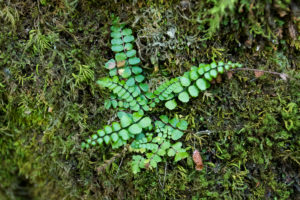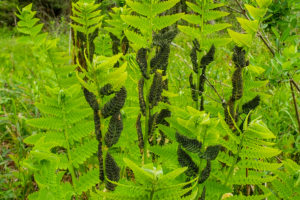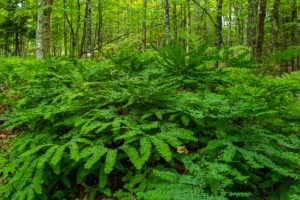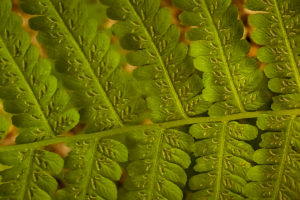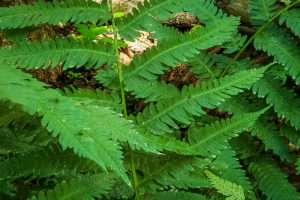The Natural History of Ferns and Lycophytes
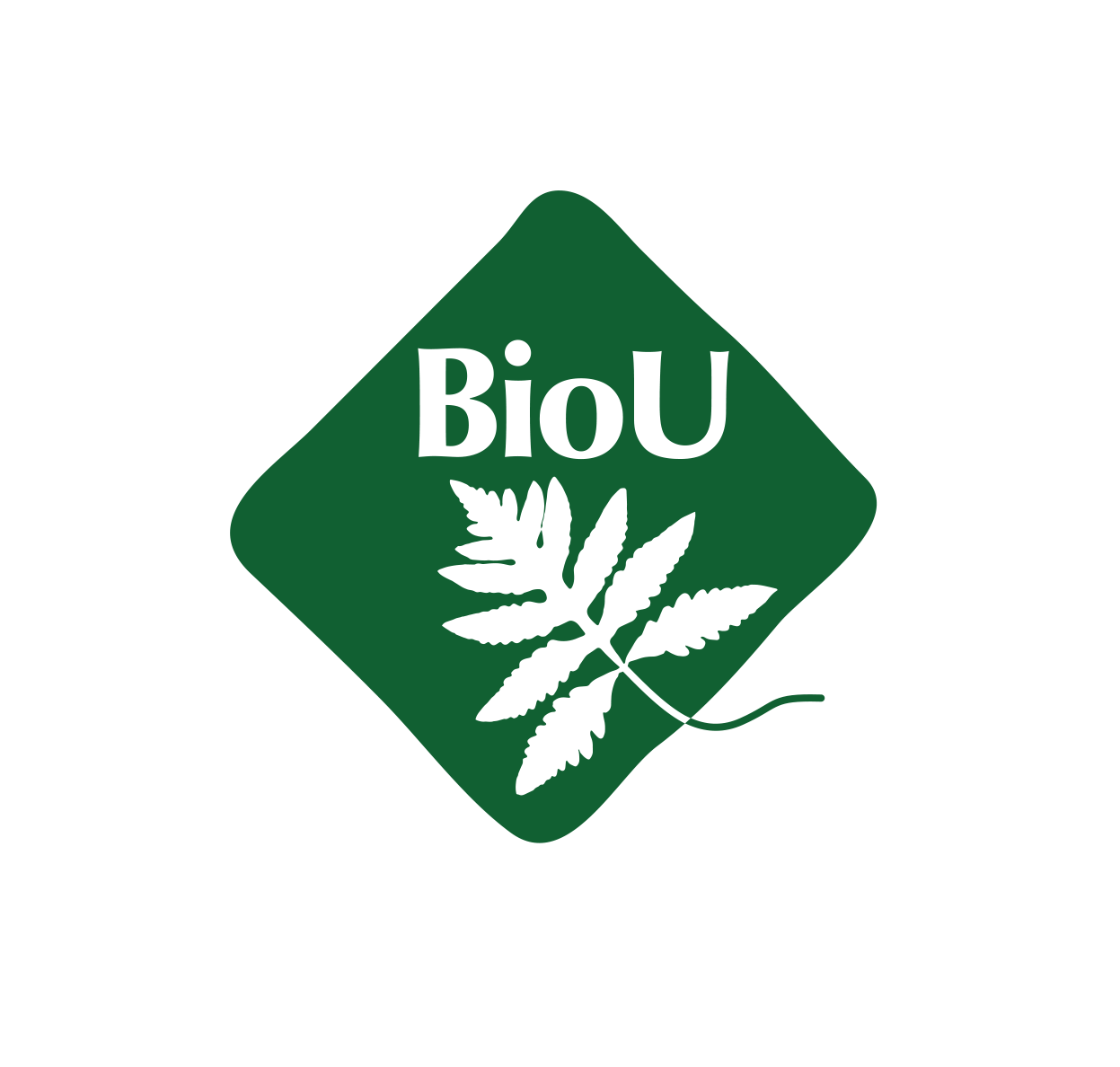
Instructor: Michael Sundue
July 23 - 24, 2022 | $265
Course size: 12 students
Please Contact Us to request scholarship assistance.
F
erns are our constant companions in the North Woods, yet many naturalists never get to know them due to their cryptic characteristics. In this course, we'll become familiar with ferns and their allies through an exploration of their natural history, evolution, and identification.
Ferns are the second largest group of vascular plants on earth, exceeded only by the seed plants, and are a group of spore-dispersed vascular plants (like horsetails, clubmosses, spikemosses & quillworts). We will explore this group's wonderful diversity in the field, investigate diagnostic features, then take a closer look under the microscope back in the lab.
New England's ferns include a number of similar-looking species and hybrids; we will learn to distinguish these by practicing with diagnostic keys and the aid of example specimens. We will also take a peek into the 450 million years of fern evolution and put Vermont’s local diversity into a global and historical context.
Course Goals and Objectives
- Become familiar with fern and lycophytes morphology and terminology
- Learn to identify the major genera of local ferns and lycophytes
- Practice identifying similar-looking species
- Get to know stories of fern evolution and natural history
About the Instructor(s)
Michael Sundue is a researcher at the University of Vermont Pringle Herbarium. He conducts field work around the world to discover and describe the diversity of ferns and lycophytes and has authored over 70 scientific publications. He is also a founder of fernsoftheworld.com, a digital herbarium for photos of curated fern collections. He currently teaches botany courses for the University of Vermont and has previously taught for The New York Botanical Garden and The Organization for Tropical Studies in Costa Rica.
Meals
We will provide coffee, tea, and light breakfast fare (pastries, etc.) each morning. Participants should bring their own lunches and snacks.
Required Materials and Recommended Reading
A course handbook will be provided that includes all the information that will be discussed in the course.
Timing
Course begins 9 AM on Saturday at NBNC. Course begins on Sunday at a time of the instructor's choosing. Course concludes by 5 PM on Sunday.
Academic Credit / Professional Development
This course may qualify for 1 graduate-level credit for an additional $200 course fee. All BioU courses are accredited by Castleton University. Participants interested in receiving credit must contact us at least 2 months in advance so we have time to arrange course accreditation.
It is the student’s responsibility to ensure that home institutions will accept the credit. Participants pursuing academic credit will be required to complete an additional assignment above and beyond the course hours, including literature review, reflective writing, or a field-based project.
This course qualifies for 20 hours of professional development hours and continuing education units. Certificates of completion are provided at the conclusion of the course.
Cancellation Policy
While we realize that unexpected circumstances arise that are out of our control, North Branch Nature Center cannot guarantee refunds for registrations cancelled within 30 days of the course. If a cancellation occurs within this window, NBNC will attempt to fill the space from our wait list and provide a full refund. Exceptions to this policy may be granted in the event that cancellation is due to COVID-19 concerns.
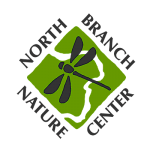
713 Elm Street
Montpelier, Vermont 05602
(802) 229-6206
Hours: Center Open Monday-Friday 9-4
Trails Open 24/7

